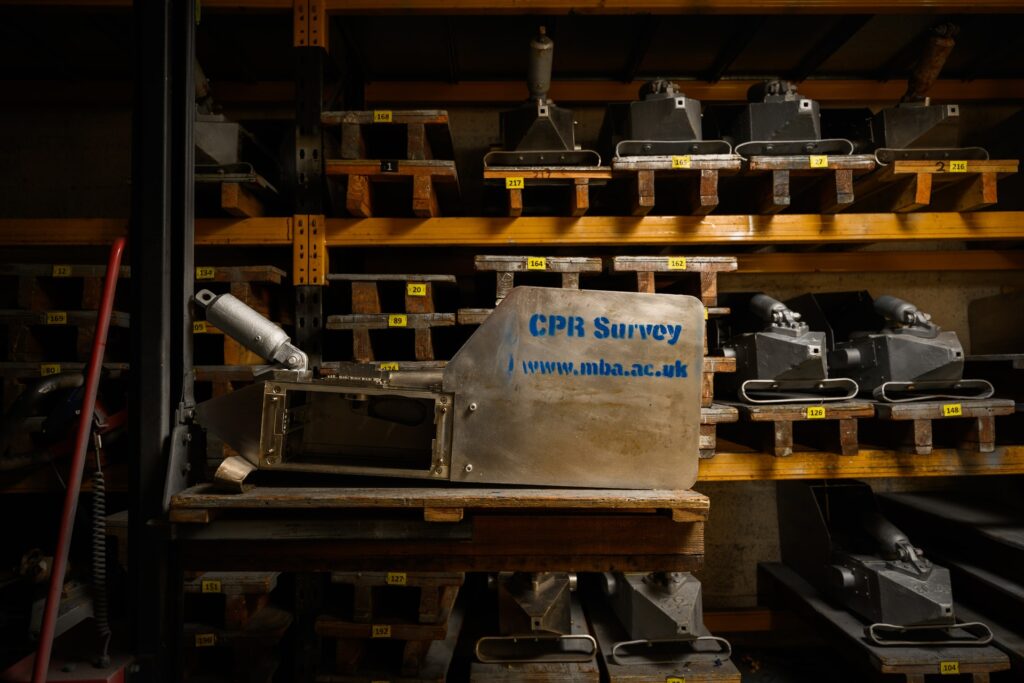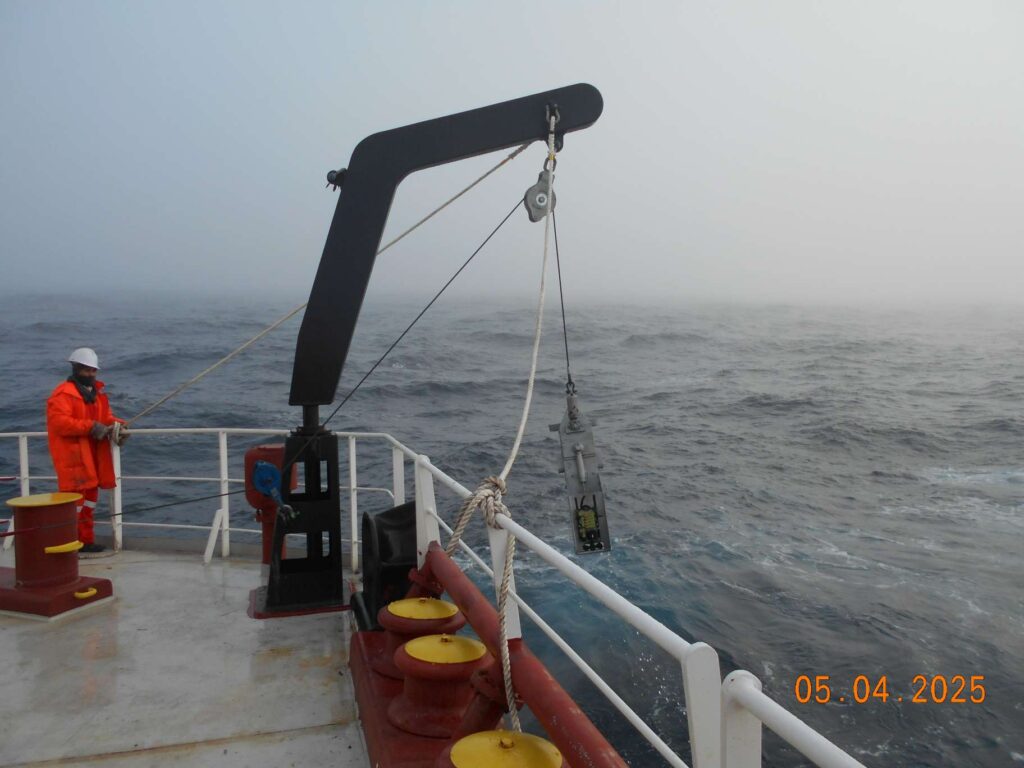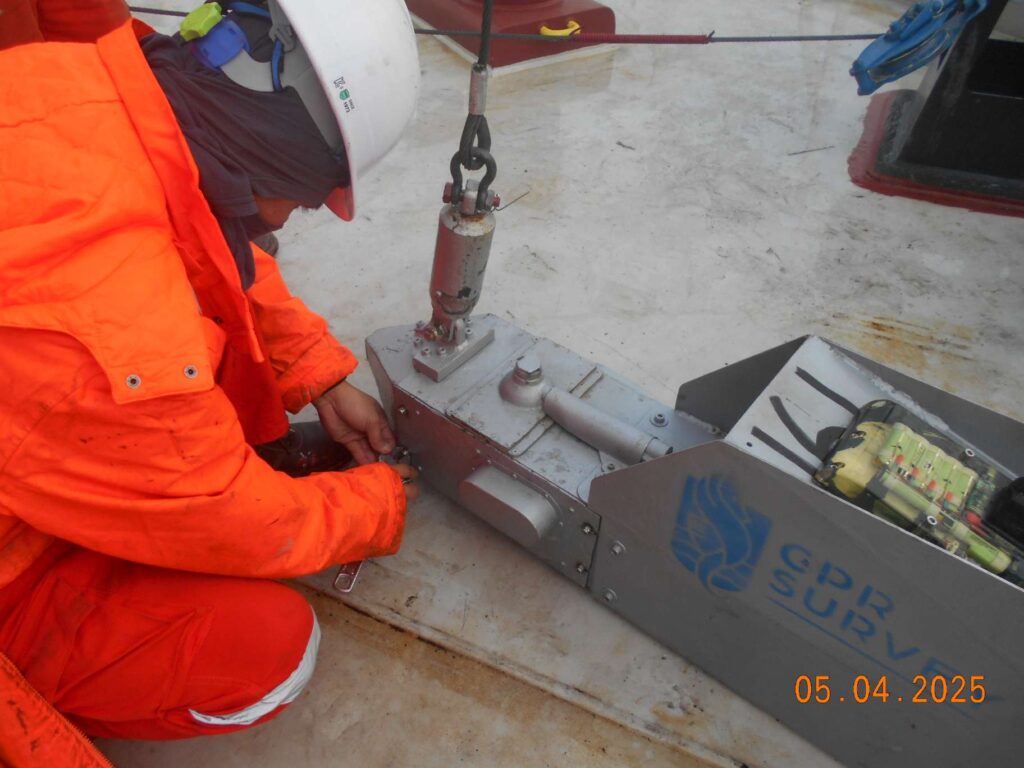Plankton may be among the smallest creatures in the ocean, but their significance is anything but small. These microscopic organisms, from tiny fish larvae to single-celled algae, hold key insights into the health of our ocean and the broader impacts of climate change. Through the Continuous Plankton Recorder (CPR) Survey, a collaboration led by the Marine Biological Association, this wealth of data is gathered, analysed, and used to monitor marine ecosystems globally.
Renewable energy company Drax , together with its shipping partner Swire Bulk, used the MV Kaying to participate in this critical survey. With a route spanning over 4,600 nautical miles between Vancouver, Canada and Japan, the MV Kaying’s consistent journey offers a reliable source of data for the CPR Survey, which is vital in tracking long-term changes in marine ecosystems.

Rich source of data on ocean health
The CPR Survey, which began in the North Sea in 1931, has since expanded worldwide, becoming the longest-running and most geographically extensive marine ecological survey in history. Over its nearly century-long history, the survey has provided invaluable data used to track changes in the environment, climate, and biodiversity.
Thanks to the CPR Survey, researchers and policymakers have access to a treasure trove of data covering everything from ocean acidification to the impact of invasive species.
“Participating in the CPR Survey was an easy decision for us,” says Eugene Lupynis, Director of Customer Logistics at Drax. “Being nature, climate and people positive are the pillars of our sustainability framework. Helping the CPR Survey provide vast amounts of information on the state of the earth’s climate aligns perfectly with our mission.”
Swire Bulk, another key participant in the CPR Survey, echoes the importance of this collaboration. Tom Day, General Manager, Vancouver for Swire Bulk, says: We are keen to support green projects that may reduce our carbon footprint and promote the conservation of marine ecosystems, which will ultimately help to ensure the long-term viability of our operations and the well-being of communities that depend on maritime trade.”


The role of plankton in monitoring ocean health
Plankton are not only fundamental to marine food webs but also produce nearly half of the oxygen that humans breathe. Sensitive to environmental changes, they act as early indicators of shifts in marine environments, making them invaluable for studying everything from climate change and ocean acidification to fish stocks and invasive species. Through this data, we gain a clearer understanding of how these changes affect marine life and human communities alike.
The MBA plays a pivotal role in coordinating the CPR Survey, with its team of experts leading the operation and analysis of the data collected. The survey’s instruments are attached to ships like the MV Kaying, gathering continuous, real-time data as they travel the world’s oceans. With this extensive network of ships voluntarily participating, the CPR Survey provides unparalleled insights into the state of our ocean and the ongoing changes it is undergoing due to climate change.
Dr Clare Ostle, CPR Research Fellow at the MBA, says: “Volunteer vessels play a vital role in collecting CPR data, enabling the consistent, large-scale sampling essential for detecting long-term changes — a feat that would be impossible without their support.
“CPR surveys uncover the relationships between physical environmental drivers and plankton distribution and abundance over time, offering valuable insights into how these factors shape plankton communities and, in turn, affect higher trophic levels amid changing climatic conditions. This knowledge is key to predicting how climate-driven shifts may impact ecosystem functioning and reshape species boundaries.”
With over 300 vessels already participating, the MBA’s CPR survey continues to provide vital data that help to shape policies and strategies for protecting our oceans.
To learn more about the Continuous Plankton Recorder (CPR) Survey, visit the CPR website.